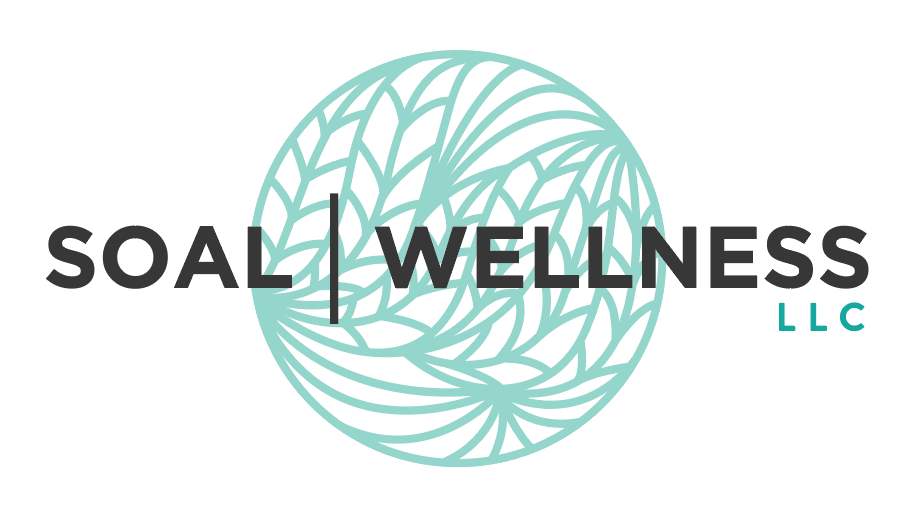Diet Culture
Culture is defined as a way of life for an entire society, a belief system. Diet culture is a set of social
expectations about our bodies, our weight, and our food choices. We are taught that there is one way
to be, one way to look and one way to eat. If we don’t meet those expectations, we are not as worthy
as someone who does. What diet culture doesn’t talk about is that we are all individuals, and that one
way may not work for us. Cinderella’s glass slipper comes to mind, that shoe only fit one foot!
As we all strive to “fit in” diet culture earns the diet industry $60 billion annually yet does little to bring
health to Americans but it sure weighs on our insecurities. According to the CDC 60% of Americans have
a chronic disease and 74% of us are overweight or obese. Restrictive eating (dieting) and endless
exercise are not a long-term solution to weight and health. It leaves us with feelings of failure and what
feels like an endless cycle of weight loss and gain. Eventually diet culture can have a very negative effect
on our physical and mental health.
Since culture is a belief system, it’s baked in so to speak, most of us don’t even recognize that we are a
part of it. You can’t get out of a prison you don’t know you are in. So, let’s talk about how it prevents us
from having success.
Why We Fail at Dieting
Diets, no matter what package they are wrapped in are just calorie restriction which makes us too
hungry and we lose control, that’s why most diets only last 4-6 weeks and leave us feeling like failures.
Diets don’t help us to understand our relationship with food and why we eat the way we do. Our eating
behaviors and beliefs about food are often rooted in our childhood before we have a real
comprehension of where they came from. This is why they always come back and tackle us robbing us
of our success. We just don’t understand the influence.
The diet industry also doesn’t teach us how our appetite works, what symptoms we are having may
mean or how food is used by our body. A clear understanding of our body and its physiological
processes opens our eyes to new possibilities for change. When we are able to identify them it becomes
a game changer for these habits we don’t seem to be able to rid ourselves of.
The rigidity of diets is difficult to implement in everyday life and therefore not sustainable. Albert
Einstein stated that the definition of insanity is doing the same thing over and over again and expecting
different results. It so applies to how we approach weight loss. If what you have tried in the past has
failed it may be time to take a completely different approach. You might be surprised what you learn
about yourself!
And lastly, diets don’t address who we are as individuals, and only focuses on our weight instead of our
health. Each of us show up in the world as individuals so a one size fits all approach is never going to
help you get to the problem areas that are plaguing you. Working with a professional who has
experience in how to personalize a meal plan, strategize new habits and give the right kind of support
may be just what you are looking for.
How We Can Succeed
At Soal Wellness we want everyone to have the weight loss success they deserve so our program
focuses on:
- Developing a plan that is individualized to you and your lifestyle.
- Your food choices should be focused on nutrients versus calories. A well nourished body has
what it needs to function properly. The inability to lose weight is an example of our system
being out of balance or not functioning properly. - Seek professional guidance on how to improve your relationship with food, how your own
physiology works and how to get your appetite under control naturally. - You should choose a program that provides positive accountability and support.
- And most of all don’t blame yourself, it’s the diet not you.
We wish you all the best with your New Year’s resolutions! If you need additional help please reach out
and schedule a strategy call to see if our program is right for you.
Dietitian Nutritionist (RDN) has the experience and education to help address unhealthy relationships
with food and put a nutrition and lifestyle plan together that is healthy for your mind and your body.
Working with an RDN to improve your health through nutrition is typically a covered benefit on your
health insurance plan.
Written by: Stephanie Espinoza, MA, RDN, LDN
Registered Dietitian Nutritionist
Soal Wellness | www.soalwellness.com
“`

